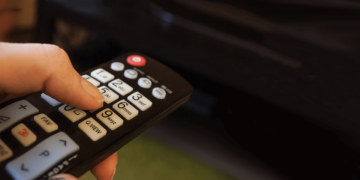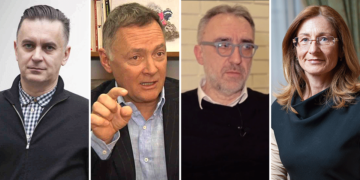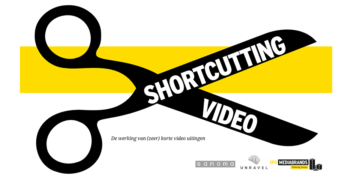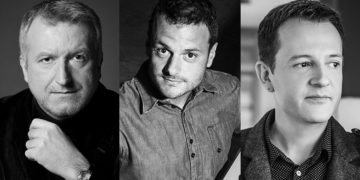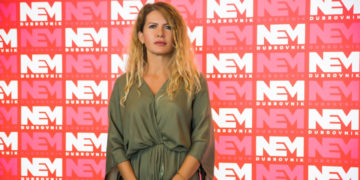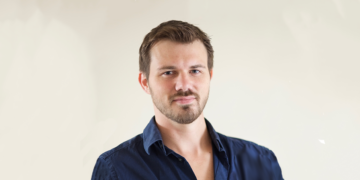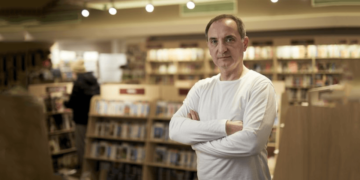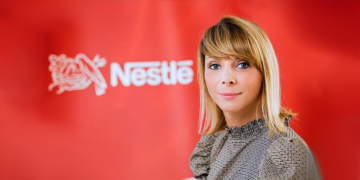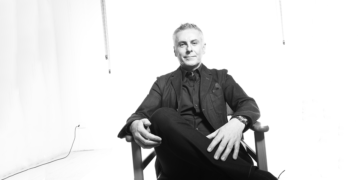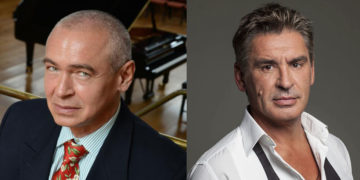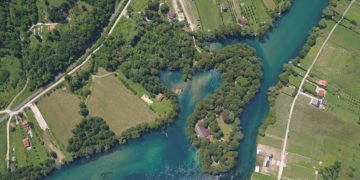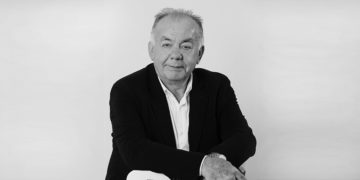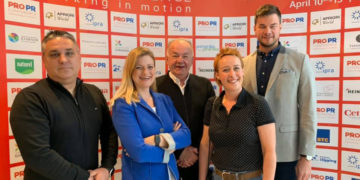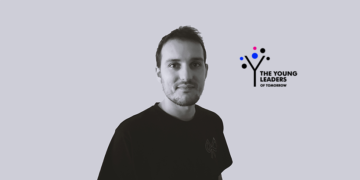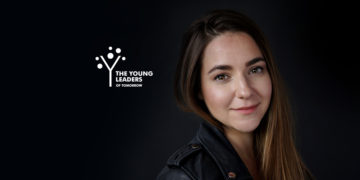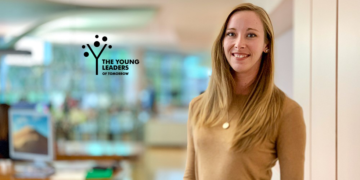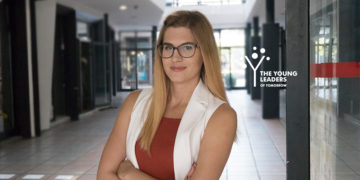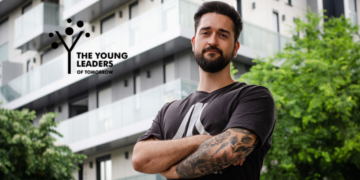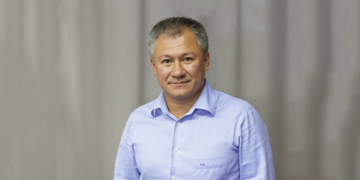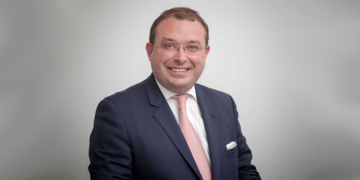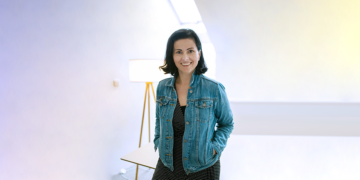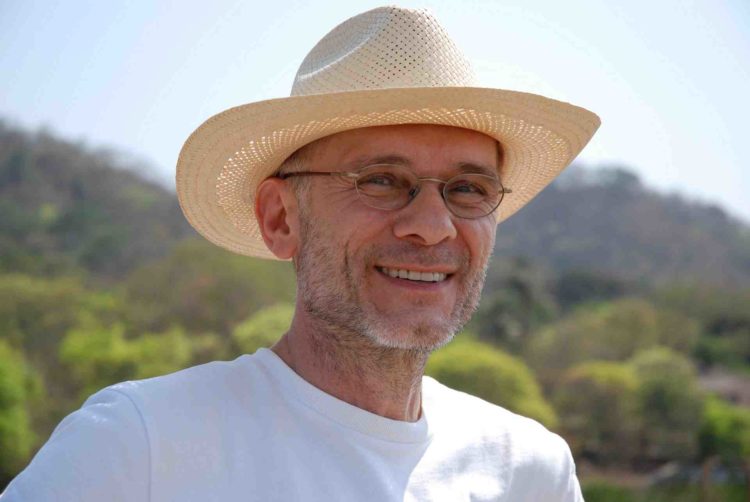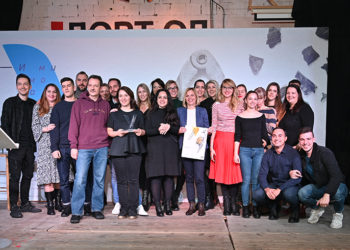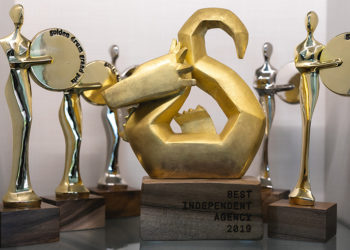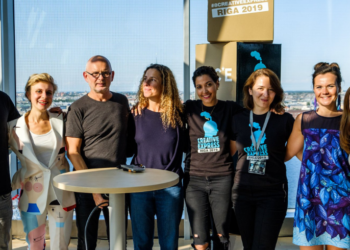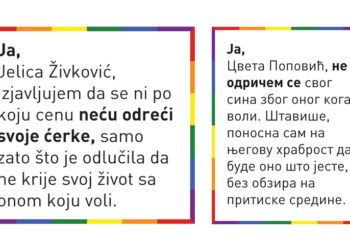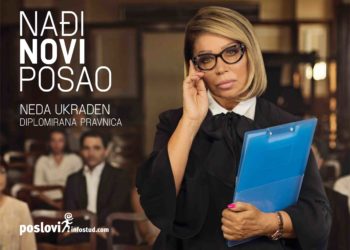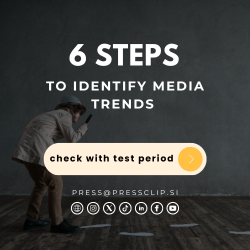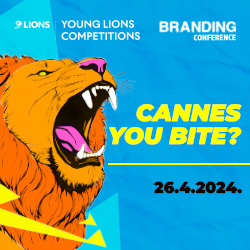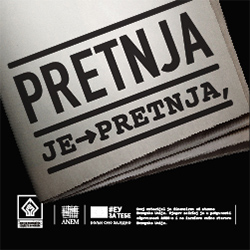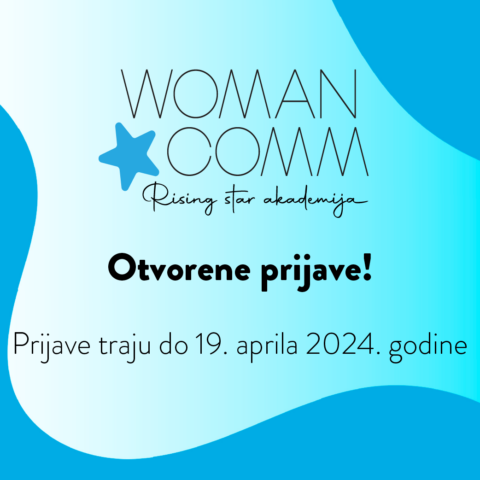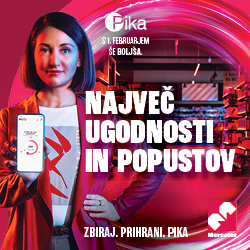Drugi jezik na kojem je dostupan ovaj članak: Bosnian
By: Dubravka Petrović, Associate Creative Director, McCann Belgrade
The interview is part of the latest publication McCann Talks 3
Photo: Milenko Vlajkov
Guessing, speculating about, imagining or visualising the future has always attracted humankind. A curious mind wants to take a peek into the timeline in front of us, to try and fathom, to ‘see’ or analytically predict what really is unfathomable. How do we find out what the future will be like and where this world of ours is rushing to? We don’t. But this is not all in the domain of fantasy; there is something within ourselves. There is something in our conscience and consciousness, in doing the right thing, in motivation, creativity, flexible attitudes, the way we use our most powerful and most mysterious organ ‒ the brain, in our mental indolence or diligence, and in the growth of humaneness in general that gives a real sense to this wonderful, noble and sublime term humanity. What kind of world we will leave behind us is uncertain, but the kind of world people could create we might just be able to imagine…
I talked to Milenko Vlajkov, the greatest expert on people I know, because people will be our litmus test as we try and read the future of the world. Milenko Vlajkov is a psychologist and psychotherapist and the founder and director of the Institute for Cognitive Management in Stuttgart, an international supervisor of rational emotive behaviour therapy (REBT), a meditation master, a researcher, a proponent of Individual Meditation, an author of many technical, and recently fictional, books, a passionate chess player, a globetrotter, once a marathon runner and karate practitioner, now keeping fit by doing yoga and jogging, a family man, a medical phenomenon, a lecturer, a teacher, the most pleasant and most genuine company you can possibly imagine. A man who successfully and effortlessly brings together Eastern wisdom and Western pragmatism, the Vojvodina plain where his origins lie and the Himalayas, where he finds inspiration to ‘fix the world’.
Dubravka Petrović: Whenever you give a lecture you say that the most interesting research subject in the world of science today is the human brain. What are the new findings that can change our lives in the future? What do we know now about the brain and about ourselves that we didn’t know before?
Milenko Vlajkov: The good news is that we can train the brain just as we can train the muscles in our body for physical effort, say a marathon. The brain can be trained in various disciplines, which in my theory of human development I call the pillars of consciousness. We can work on deepening our concentration, enhancing our mental sharpness, increasing our mental strength and our ability to use the pillars of consciousness, and on developing our creativity.
In the past few decades, traditional scientific brain research has uncovered important data concerning the impact of food and various types of mental activity on the brain. The subject of this research was atrophy of brain function, better known as Alzheimer’s disease. They were trying to find ways to conquer the disease, to prevent it and, in doing so, to improve the existing functions of the brain. The key food-related finding is that Alzheimer’s disease can be prevented or postponed if meat is completely eliminated from the diet. This is a result of the Chicago Health Study, led by MC Morris. We know that memory is dependent on the functioning of a part of the brain called the hippocampus, and the researchers were trying to find ways to improve the functioning of this part of the brain. It turned out that using the hippocampus by way of active learning (say, learning a new language or a complicated skill, studying for an exam, expanding the knowledge we already have) considerably increases memory and our ability to use what we have learned. In the 1990s and at the beginning of this millennium several studies on the causes and development of Alzheimer’s disease came out. One study found that Alzheimer’s is postponed by seven years in bilinguals and by 14 years in those who speak two foreign languages in addition to their mother tongue. Due to the extraordinary plasticity of the brain, i.e. the ability of the cortex to change its shape and thickness as a result of our activities, it should be seen as a muscle that builds with practice and shrinks without it.
In my opinion, particularly impressive is the research conducted on Tibetan monks in the USA in 2003-2006. It showed that the monks, whose average age was 76, had the brains of 25-year olds. What did they do and how did they differ from the rest of the world? The only difference was that they meditated for 45 minutes every day, keeping their neural networks active. Neural network activity postpones the decay which is a natural process of aging.
Bearing all this in mind, we can conclude that we should eat healthily, eliminating meat from our diet and consuming substances that help build neurotransmitters in our synapses. These substances can be found in blue fruits, leafy vegetables, nuts and seeds. In addition, at least 40 minutes of power walking a day will help circulation in the brain capillaries and boost brain nutrition. Furthermore, a commitment to mental activities requiring increased attention and active thinking will engage the newly formed nerve cells, which are naturally lost if not used, potentially leading to brain atrophy in later life.
Dubravka Petrović: Has the concept of the development of human consciousness and personal development historically always been the same?
Milenko Vlajkov: I must point out here that human development is a term often used in studies, but the concept of human development that I’ve come up with still doesn’t feature anywhere other than in my lectures and books. Whilst other authors have defined human development as overcoming obstacles to achieve the realisation of the self (Maslow’s model of self-actualisation and existentialist theories of personal development), I have identified the stages of personal development as a qualitative transformation of consciousness from lower to higher forms of existence. Therefore, we cannot claim that the concept of personal development has historically always been the same.
Dubravka Petrović: In your opinion, how does technological development (the Internet as a treasury of information and Cloud communications as an opportunity to obtain ready-made knowledge, here and now) impact the development of humankind? And how does it impact human creativity?
Milenko Vlajkov: The availability of all information makes the human brain lazy, because it is not forced to remember data, just to use it from always-accessible sources. Thus, the availability of information at any given moment results in the brain losing the functions that used to help humans to adapt, to have at their disposal developed cognitive skills to help them handle the situations and obstacles to which they were exposed. Things are somewhat different today. For example, using mobile phones while driving a car, walking, sitting in a restaurant or talking to other people has become an obsession in this day and age. People have lost their freedom and become slaves to gadgets (TVs, cars, mobile phones, computer games etc.).
Rather than moving forward and developing with technology, humankind is actually going backwards. People are not capable of using technology for their own growth but have become its slaves instead. In other words, technology could boost creativity if people knew how to use the knowledge they have at their disposal. But, since school curriculums still don’t teach children how to use online data in a controlled way, it is no wonder that people get lost in it all. The purpose of all websites is to seduce users into using the sources of information uncontrollably, becoming slaves to those sources of information. In this social and technological environment, creativity is lost and atrophies like the brain itself. We need consciousness that will help us manage information sources willingly rather than getting lost in them.
Dubravka Petrović: What is the best case scenario when it comes to the future development of humankind? What could we become as a planet and how certain is this?
Milenko Vlajkov: Humankind would be saved if schools taught children from an early age how to properly use information and gadgets to get the information they need. Children should start learning at least two foreign languages very early instead of using Google Translate, which will make them mentally lazy and keep them in their comfort zone. It’s a notorious fact that staying in the comfort zone leads to the psychological and physical decay of humans. Only those who leave their comfort zone or stay on its edge will be exposed to psychological and physical challenges that will make them use and develop the functions of the brain they’ve been given.
Dubravka Petrović: How can we fix and enrich the world?
Milenko Vlajkov: The answer to this question is simple: if we become cooperative and start caring for each other regardless of race, social background, nationality, education and gender; if we become cooperative and support each other regardless of our differences. If the question is how those who know can help those who don’t, the answer is that those who know should teach what they know to those who don’t know. It is also necessary that all people should exist and develop under the same conditions: with enough food and water a roof over their heads and access to education and medical help. These are the necessary conditions, but how a person will develop depends on that person.
As long as people are obsessed with power, material gain, sensual pleasures and controlling others (manipulation), they will live as people manipulators rather than people who treat others sincerely and authentically, representing their own interests and the interests of others as equally worthy. This creates respect and appreciation for other human beings rather than the urge to fight them.
I also think that opening up and eliminating borders would lead to harmonious relations between people globally. For this to happen, people should start respecting other ideologies and religions and see them as equal to their own. As a result, there would be more mutual respect and readiness to live together rather than mutual destruction.

